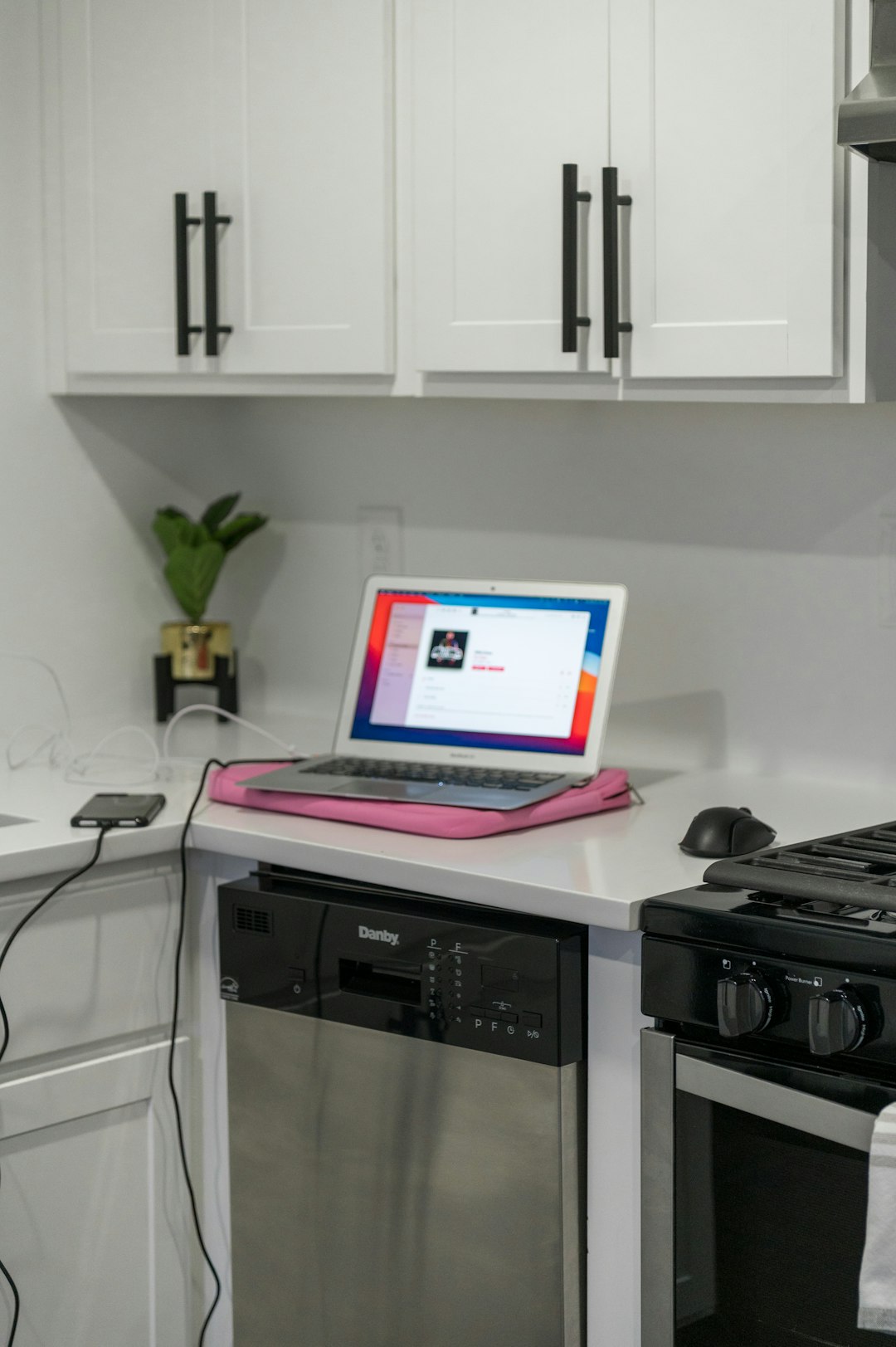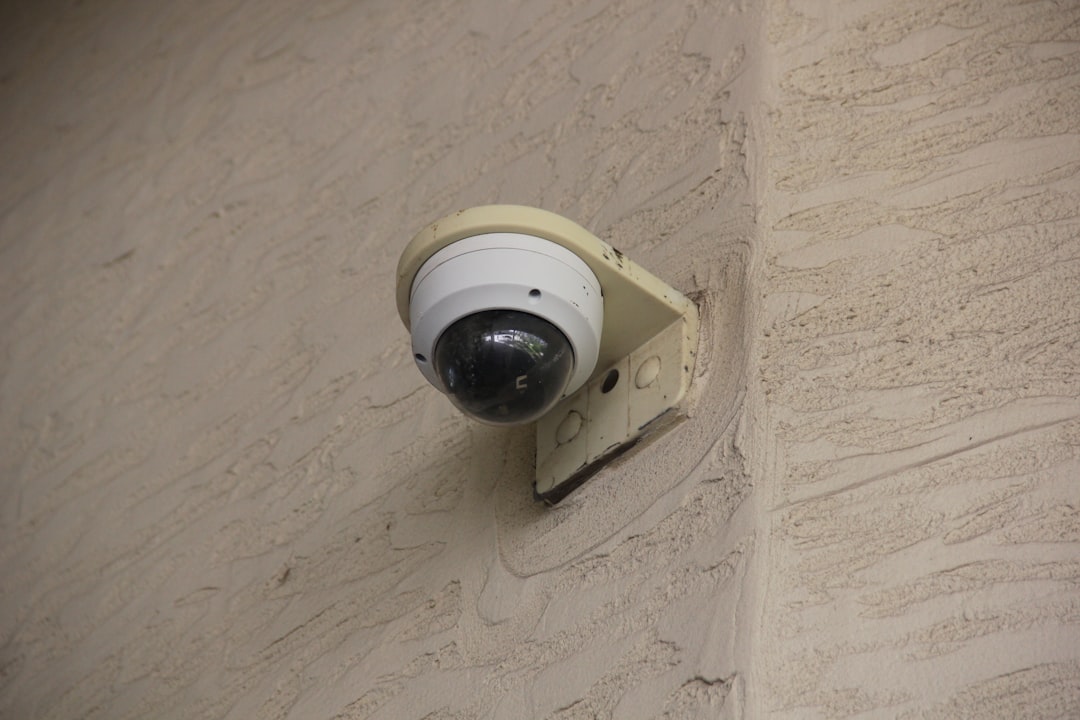The world is getting smarter. And that includes our homes! From fridges to lights to coffee makers—everything wants to talk to each other. That’s where AllJoyn comes in.
AllJoyn is a software framework from the AllSeen Alliance. It helps smart devices talk to each other, no matter who made them. Imagine it like a universal translator, but for gadgets. Cool, right?
Contents
What Exactly Is AllJoyn?
AllJoyn lets devices discover each other and share info. It works over common connections like Wi-Fi or Bluetooth. Here’s what it can do:
- Connect a smart light with a motion sensor
- Control a speaker from your TV
- Let your phone adjust your thermostat
In a nutshell, AllJoyn makes your devices cooperate. It’s like giving them a common language.

But Is It Secure?
Ah, the big question! Anytime devices talk to each other, we have to ask—is someone else listening in?
Security matters. Especially in the Internet of Things (IoT). You wouldn’t want your neighbor controlling your smart oven, would you?
The good news is, AllJoyn has security built in. But like any tech, it’s not perfect. Let’s look at the pros and the cons.
Pros of AllJoyn Security
- Built-in authentication: Devices need to prove who they are before talking.
- Encryption: Messages are scrambled so others can’t snoop.
- Permission control: Users choose who can do what.
- Session keys: Every chat between devices gets a special key that changes often.
Sounds pretty solid, right?
But Wait… The Cons!
- Configuration errors: If setup is done poorly, it can leave doors open.
- Legacy support: Old devices may not follow all new security rules.
- Open-source worries: Anyone can look at the code. That’s great for transparency, but also for hackers.
So is AllJoyn leak-proof? Not quite. But no system ever is. It’s more about how you use it.
Real-World Case: The CVE Scare
Back in 2016, a major vulnerability, CVE-2016-6252, was found in AllJoyn. It allowed remote code execution. That means attackers could take over a device—yikes!
It was patched, but it showed how important regular updates are. Even solid frameworks can have cracks. If not patched, those cracks may widen.

How AllJoyn Handles Privacy
Security isn’t just about keeping out attackers. It’s also about privacy.
AllJoyn uses a concept called sessions. A session is like a private group chat among devices. They only share data with others in that session.
Plus, users get to choose which devices can talk. You get control—if you want your light to ignore your fridge, that’s your choice.
And remember that authentication step? It helps make sure that the “smart lock” you’re talking to isn’t a fake one sneaking in.
Does AllJoyn Keep Getting Better?
This is a bit tricky. The AllSeen Alliance, which started AllJoyn, merged with the Open Connectivity Foundation (OCF). That means fewer updates for AllJoyn itself as focus moved to new standards like IoTivity.
What does this mean? It means AllJoyn still works, but it’s not getting the same love as before. That can be risky if new flaws pop up and don’t get patched quickly.
Tips for Staying Safe with AllJoyn
If you’re using devices that run on AllJoyn, here are a few ways to boost security:
- Update often: Always install firmware updates when they come out.
- Use strong passwords: Don’t use “1234” or “admin”. Ever.
- Limit permissions: Only allow access to devices that truly need it.
- Set up guest networks: Keep smart devices off your main network.
Smart doesn’t always mean safe. But a little caution goes a long way.
Should I Even Bother with AllJoyn?
Great question! AllJoyn had its prime moment a few years ago. It’s solid, open, and helpful. But it’s no longer top dog.
New options like IoTivity and Matter are gaining traction. They pick up where AllJoyn left off. And they offer even better security and compatibility.
Still, many devices still use AllJoyn today. So it’s not going away just yet. And if used smartly, it can still be a safe choice.
The Final Verdict
Is AllJoyn secure? The answer is: it can be. Like most things, it depends on how it’s used and if it’s updated.
Think of AllJoyn like a well-built house with a strong front door. But if you forget to lock it, or leave the windows open, trouble can still sneak in.
So yes, AllJoyn has what it takes to be secure. But the user plays a huge role too.

TL;DR – Quick Summary
- AllJoyn helps smart devices talk.
- It includes security features like encryption and authentication.
- But it’s not foolproof—especially if not set up right.
- New vulnerabilities may go unfixed as updates slow down.
- Use it smartly: update devices, limit access, and stay informed.
At the end of the day, AllJoyn is pretty secure. But just like locking your doors at night—it only works if you use it the right way.

